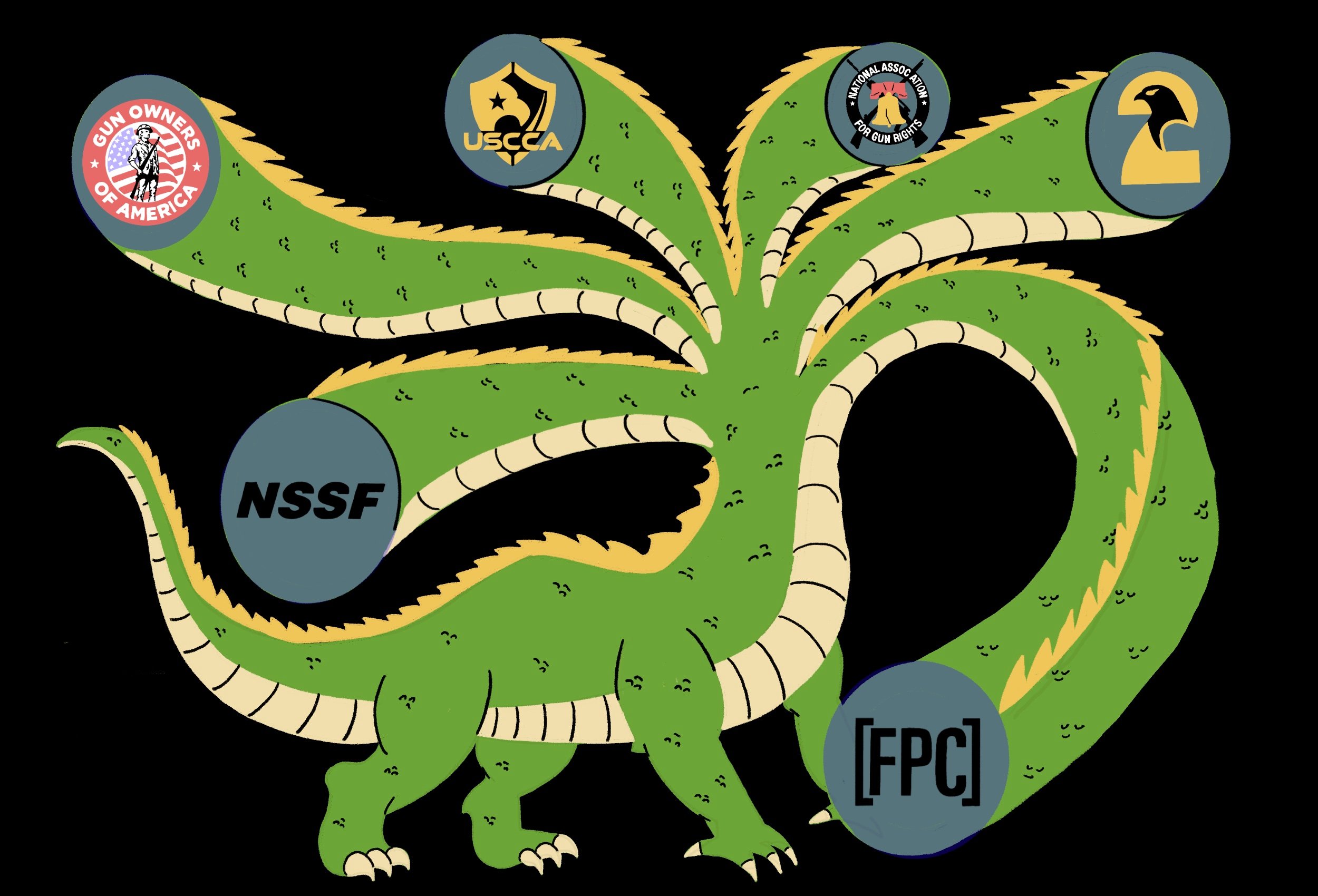This week’s publication of Inside the NRA: A Tell-All Account of Corruption, Greed, and Paranoia Within the Most Powerful Political Group in America is a new blow to the reeling organization.
Written by Joshua L. Powell, the former second-in-command to chief executive Wayne LaPierre, the book is a full-throated indictment of the National Rifle Association and its leader, who is likened to a con man.
“Wayne abandoned the advocacy of the Second Amendment years ago and became exactly what he himself had once railed against in countless speeches and commercials — the elite, the Establishment, lost in a made-up dystopian world that he had created and sold to our members,” writes Powell, whom the NRA fired last winter, allegedly for improper spending.
In August, New York State Attorney General Letitia James brought a complaint against the NRA that seeks the gun group’s dissolution. Powell and LaPierre are named in the complaint, which details years of waste, fraud, and self-enrichment implicating NRA leadership.
In an interview with USA Today, Powell disputed some of the allegations in James’s complaint and expressed desire to cooperate with her. In an interview with The New York Times, Powell’s attorney suggested that his client’s expenditures only became an issue after the organization turned on Powell and that restitution was made.
“I’m neither the villain nor the hero of this story,” Powell writes. “Instead, I feel like I’m kind of a pilgrim who lost his way, who abandoned his principles and lost his footing, for a time.”
The NRA’s default approach to raising money and rousing the faithful, he writes, has been to stoke anxiety and fear — of stricter gun laws, violent crime, civil disorder — while remaining defiant. “We only knew one speed and one direction: Sell the fear,” Powell writes. LaPierre used the tactic “time and again” to boost flagging donations. A boogeyman, like a Democrat in the White House, always helped. “It was a crazy time,” Powell writes of President Barack Obama’s eight years in office. “The membership money and donations were an open spigot at that point. And if we needed more, Wayne would just ‘pour gasoline on the fire,’ as he put it.”
Powell describes the NRA as dysfunctional. “I saw incredible incompetence, a culture of political backbiting and a Game of Thrones atmosphere that people outside our Merchants of Death bubble would never believe. Rather than being a well-oiled, data-driven lobbying machine, we were stuck back in the Dark Ages. There was no war room at the NRA, no coordinated effort between our lobbyists. There was no data machine that kicked out metrics the way a top-notch lobbying shop would have. As Wayne said to me on many occasions, ‘Josh, come on, you know it’s all smoke and mirrors. The Wizard of Oz, just pull back the green curtain.’”
LaPierre is intelligent and shrewd about politics, according to Powell, but an abysmal leader. He fears confrontation, Powell says, and is unable to manage the organization’s many egos, allowing crises of all sorts to fester. Powell describes La Pierre as temperamentally ill-suited to his post, and writes that he would “often disappear, to God knows where, for a few days, or a week or two at a time, checking in but not divulging where he was.” LaPierre feels little duty to others, Powell suggests, and has failed to acknowledge how his own missteps have contributed to the NRA’s current predicament. “Wayne feels that he has sacrificed everything to the NRA,” Powell writes. “That he is the NRA. That he is owed something, somehow. That he is the Jesus Christ of the Second Amendment, hands nailed to the cross. And that is how he justifies his actions in his mind. Why do I think that? Because I heard it from him for years.”
Most surprisingly, Powell faults the organization for its reluctance to give even modest ground in the debate over firearms in America. In the book he states his support for a slew of measures, from improved data collection and research on gun violence to implementing universal background checks, which he predicts could move the debate in a more productive direction. At the top of Powell’s list however, is regime change at the NRA, which he alleges “has fueled a toxic debate by appealing to the paranoia and darkest side of our members, in a way that has torn at the very fabric of America.”

